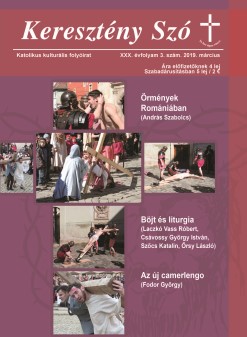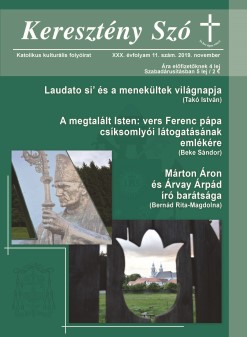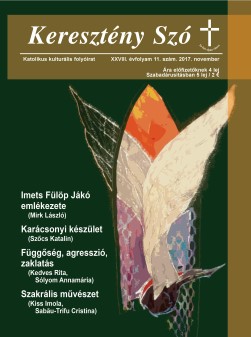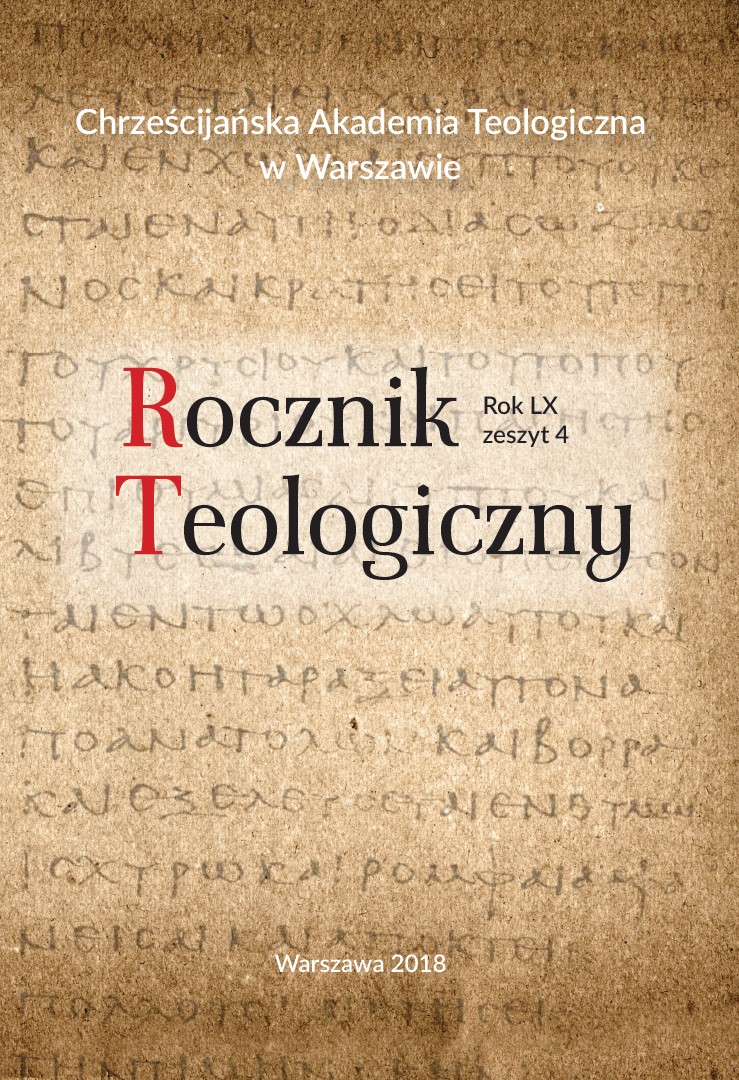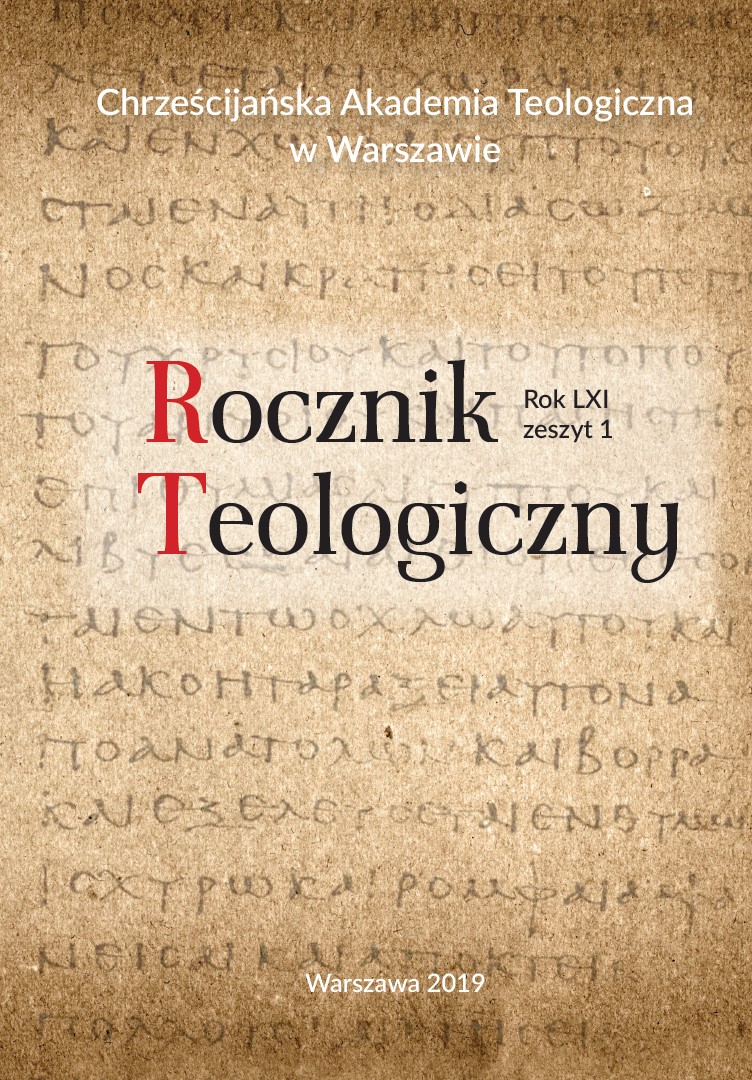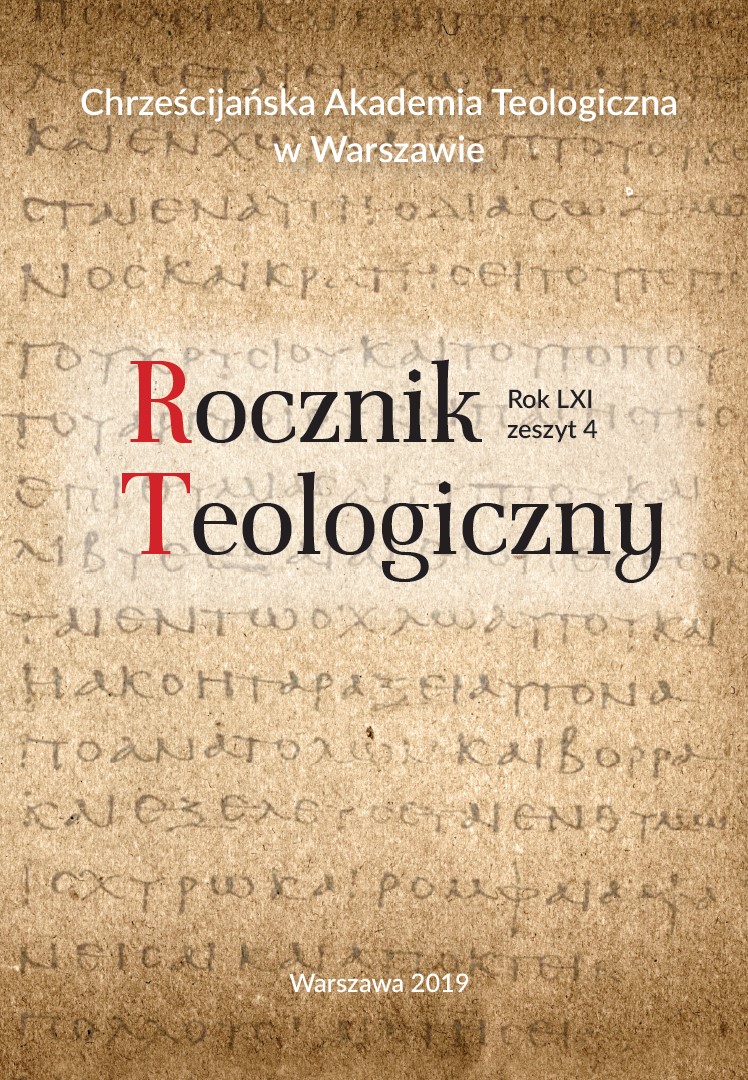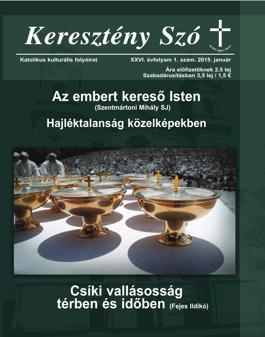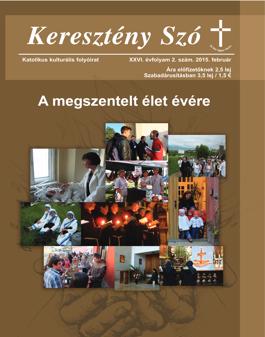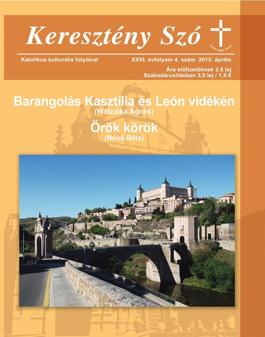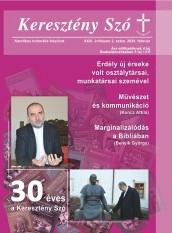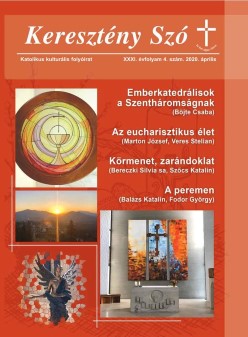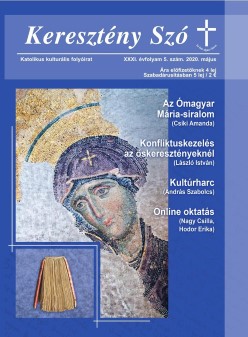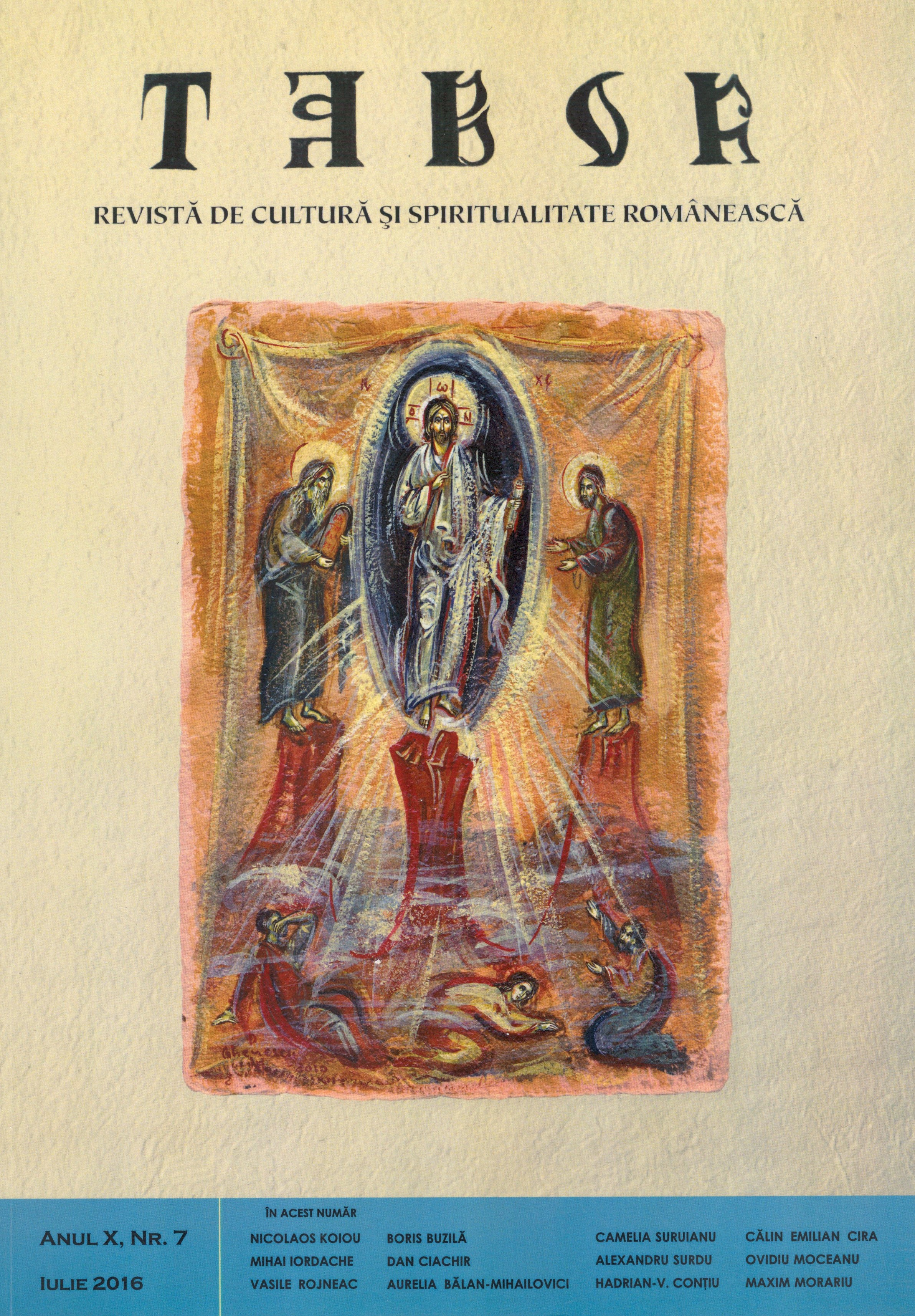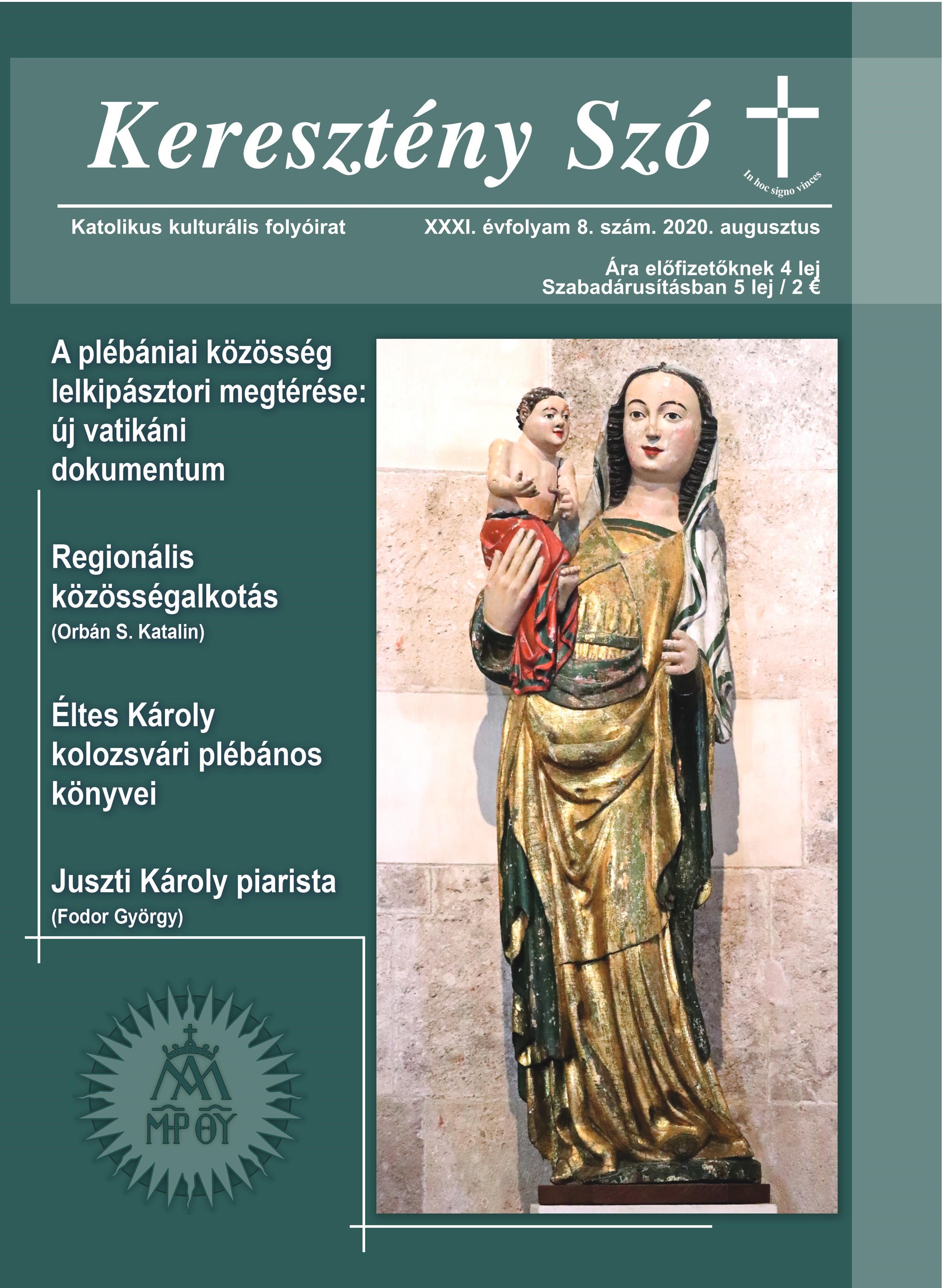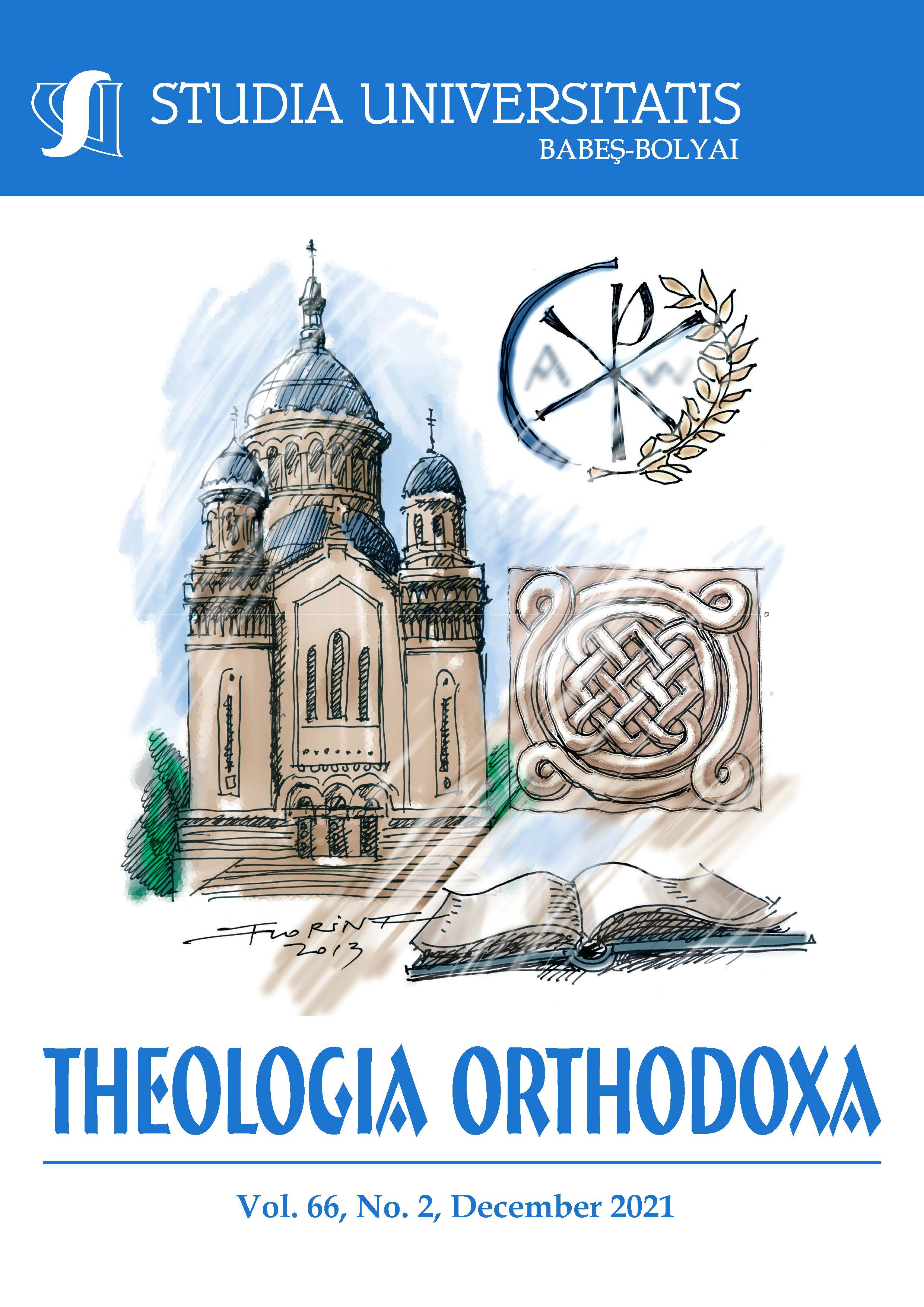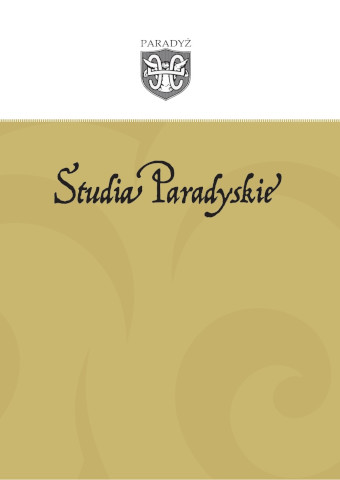Miloslav Kaňák jako církevní historik, husitolog a znalec života i díla anglického reformátora Jana Viklefa
Miloslav Kaňák (1917–1985) was a Professor at the Jan Hus Czechoslovak Theological Faculty of Prague. M. Kaňák was appointed head of the department of history there in 1950 and worked there until 1981. He pursued his interest in five areas: general history, the period of the National Revival in Bohemia, the Modernist movement of Czech Catholic clergymen, the beginnings of the contemporary Czechoslovak Independent Hussite Church as well as the history of the Medieval Hussite period with special attention to its roots. The paper also pays deeper attention not only to the circumstances of the origin, but also the content of Kanak’s monograph on the English reformer John Wycliffe. The main result of Kanak’s study of this issue was the book: John Wycliffe: The Life and Work of the English Hus Predecessor which was published in Prague in 1973. The book includes an interpretation of the life and writings of Wycliffe and deals with the reception of Wycliffe’s doctrine in Bohemia. The author also discusses the Lollard Movement in England.
More...
